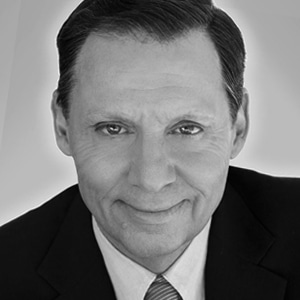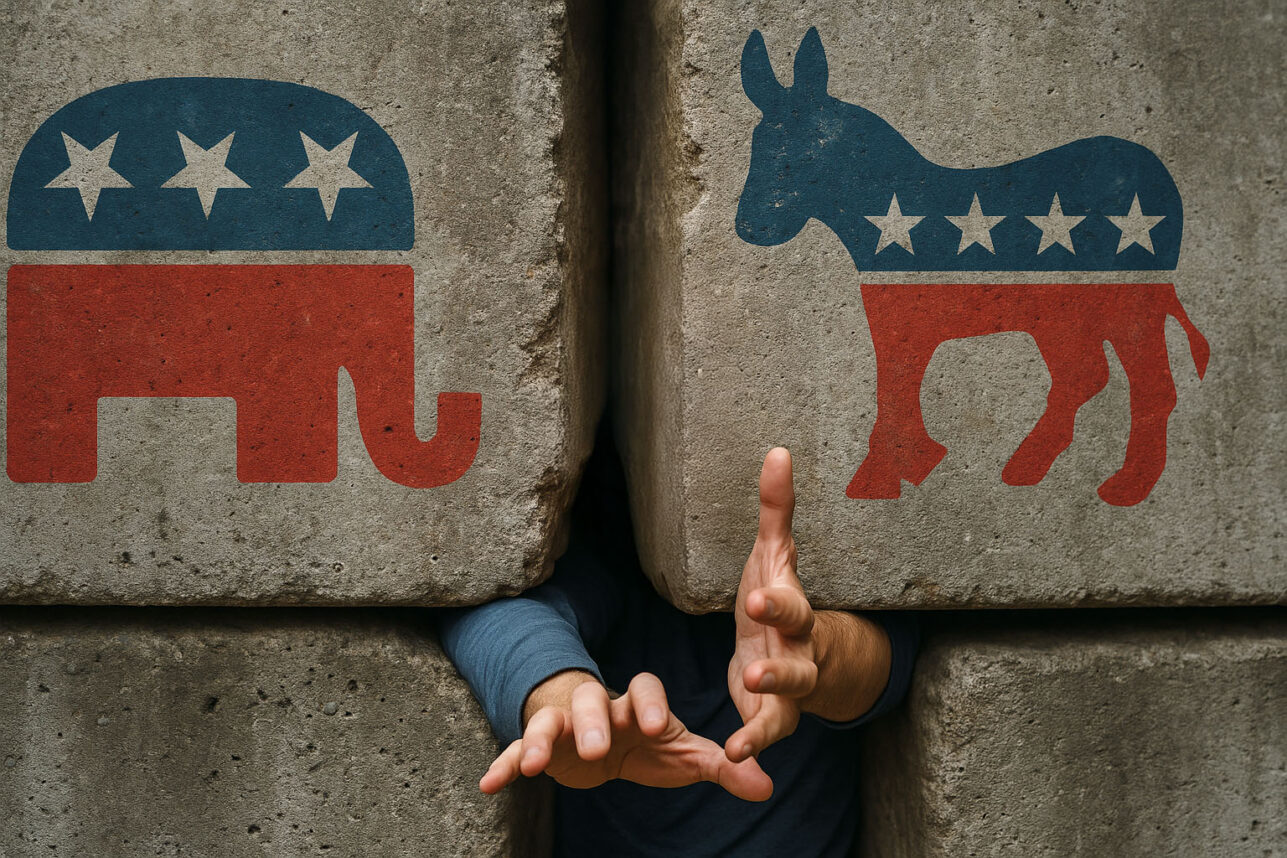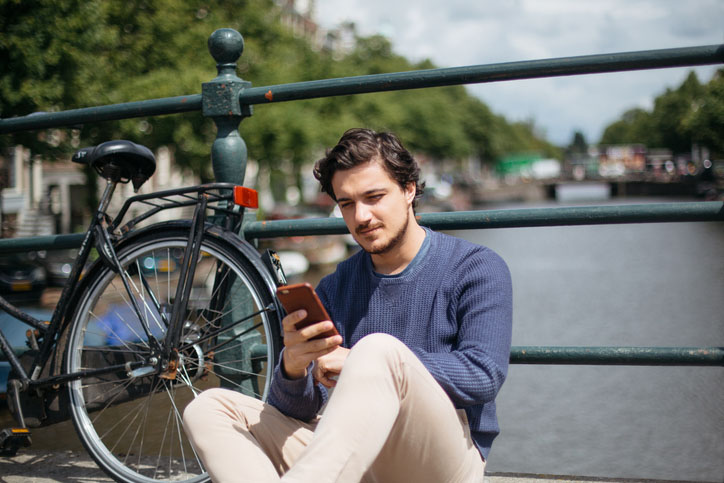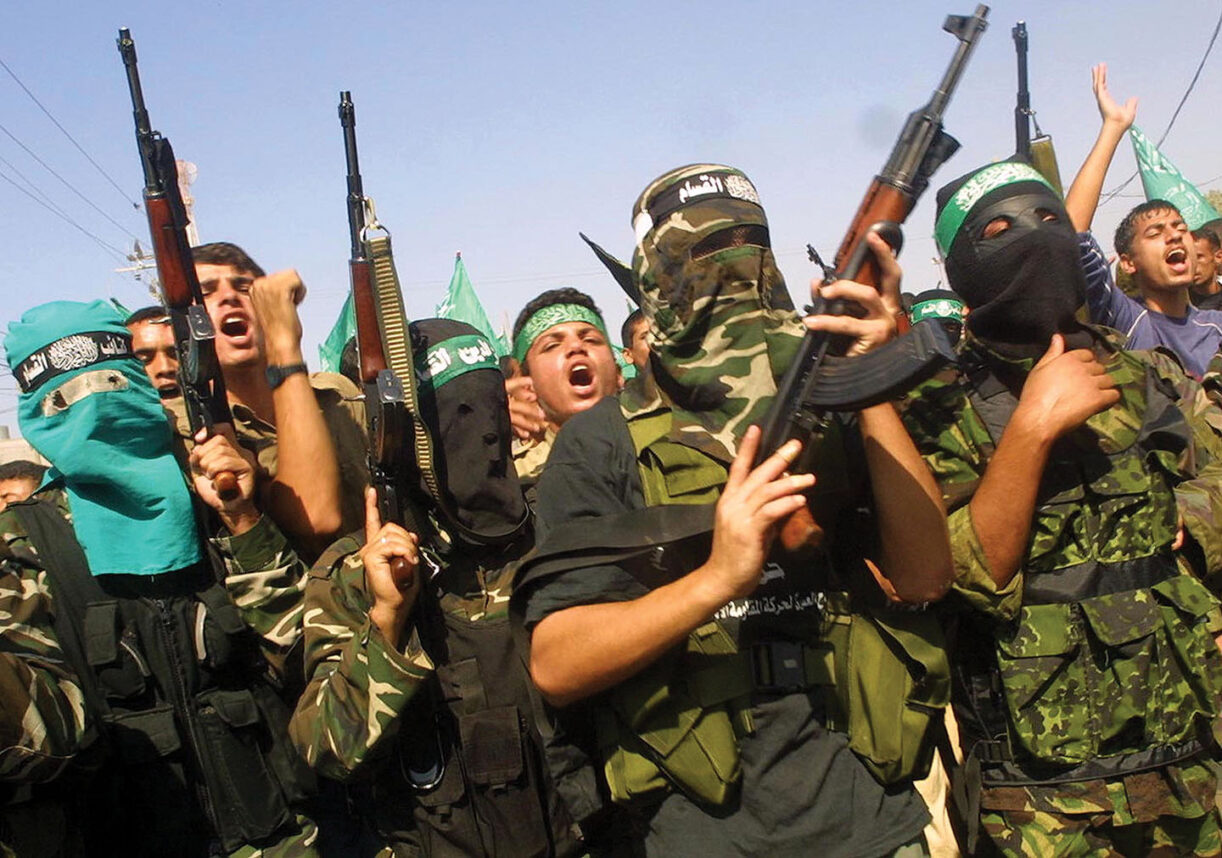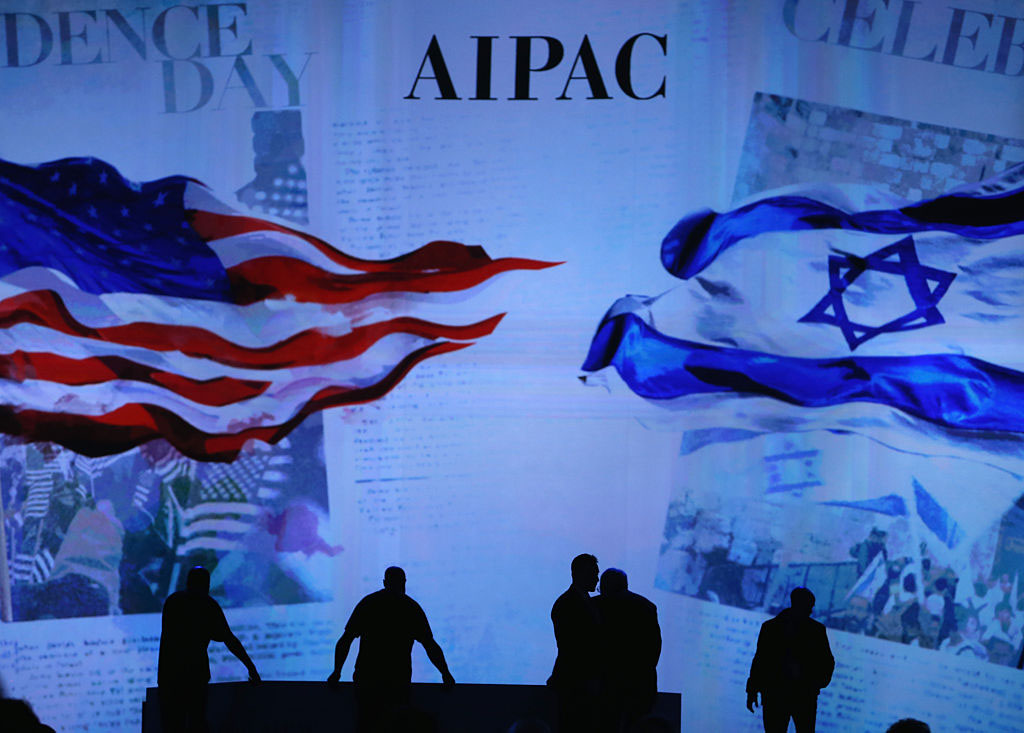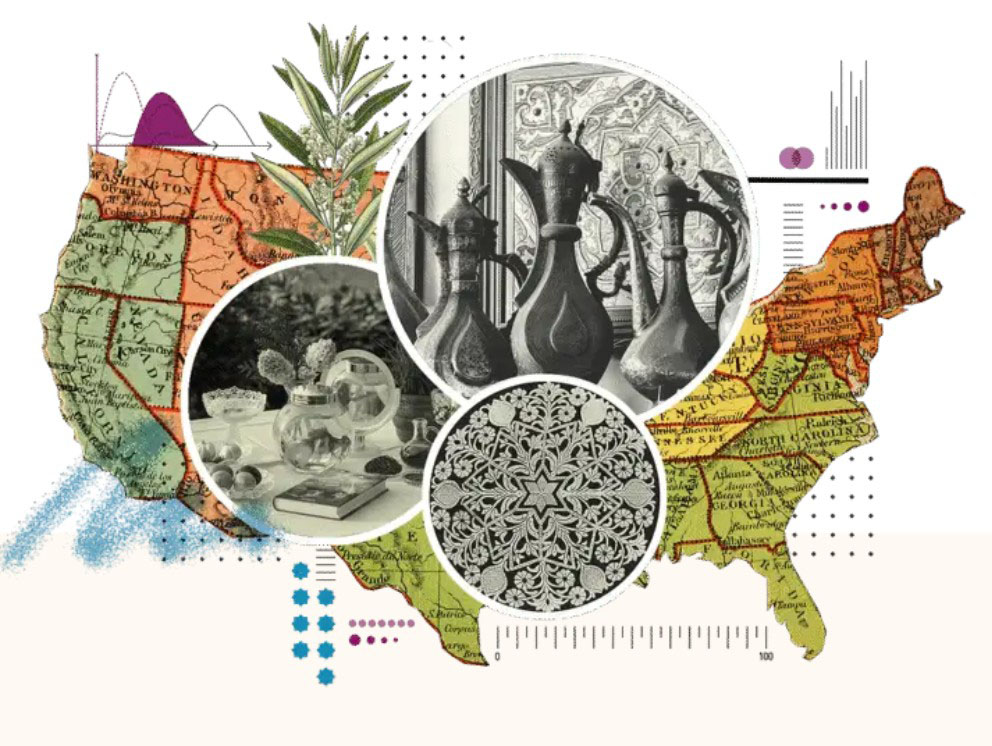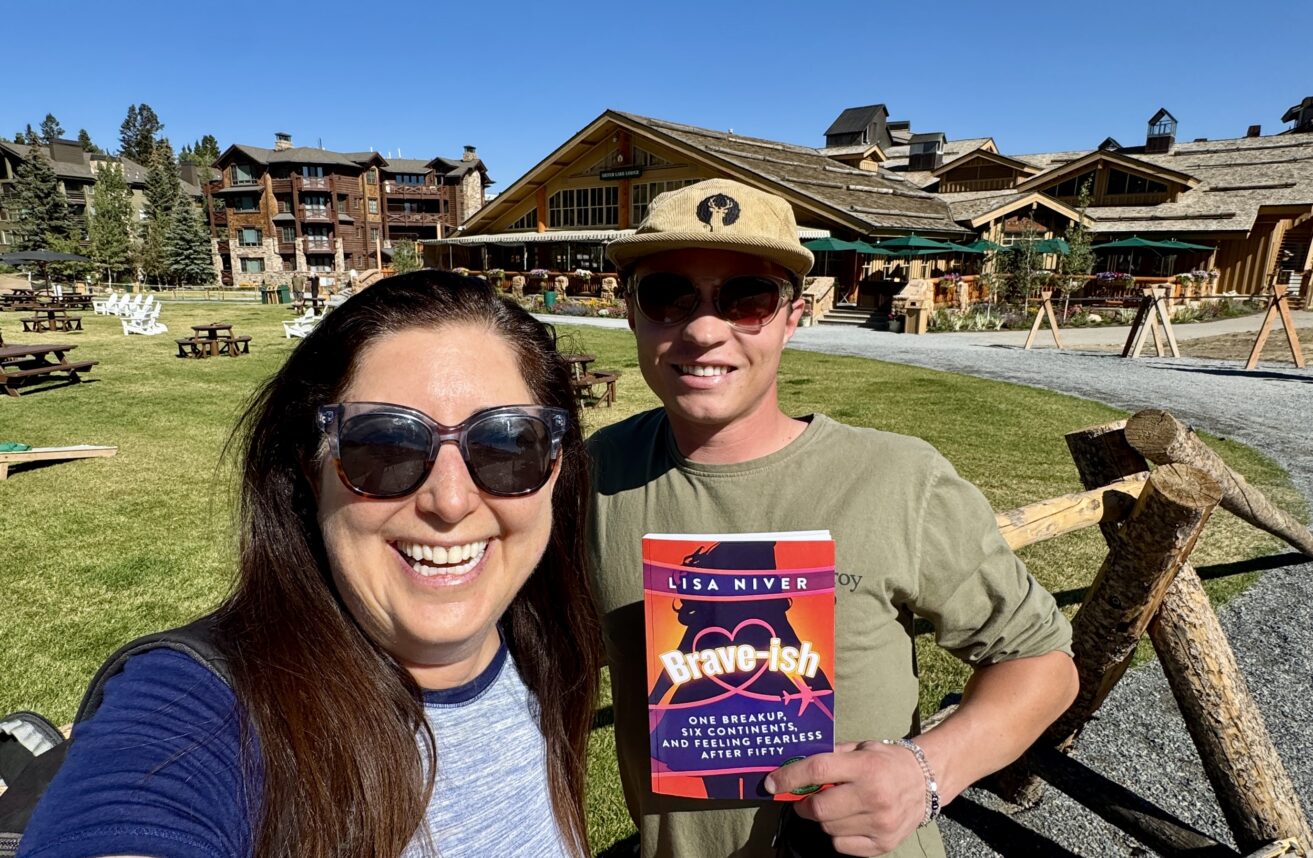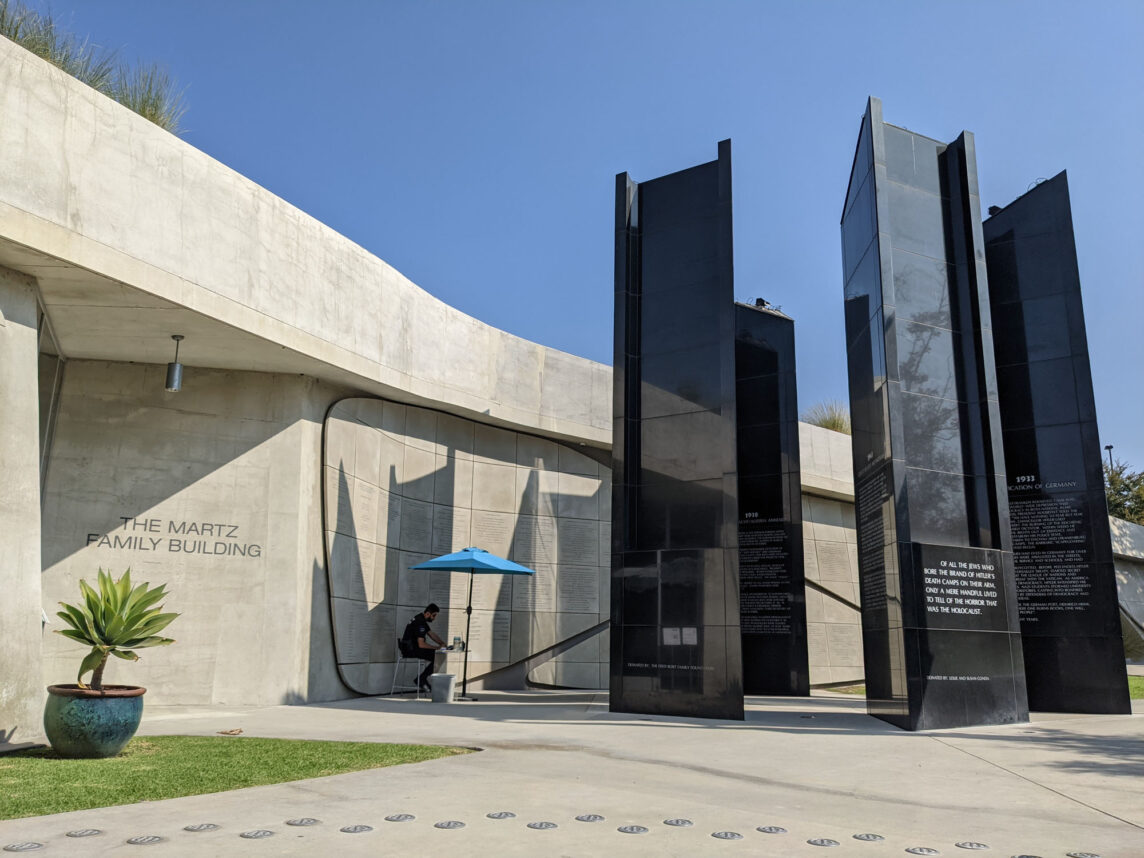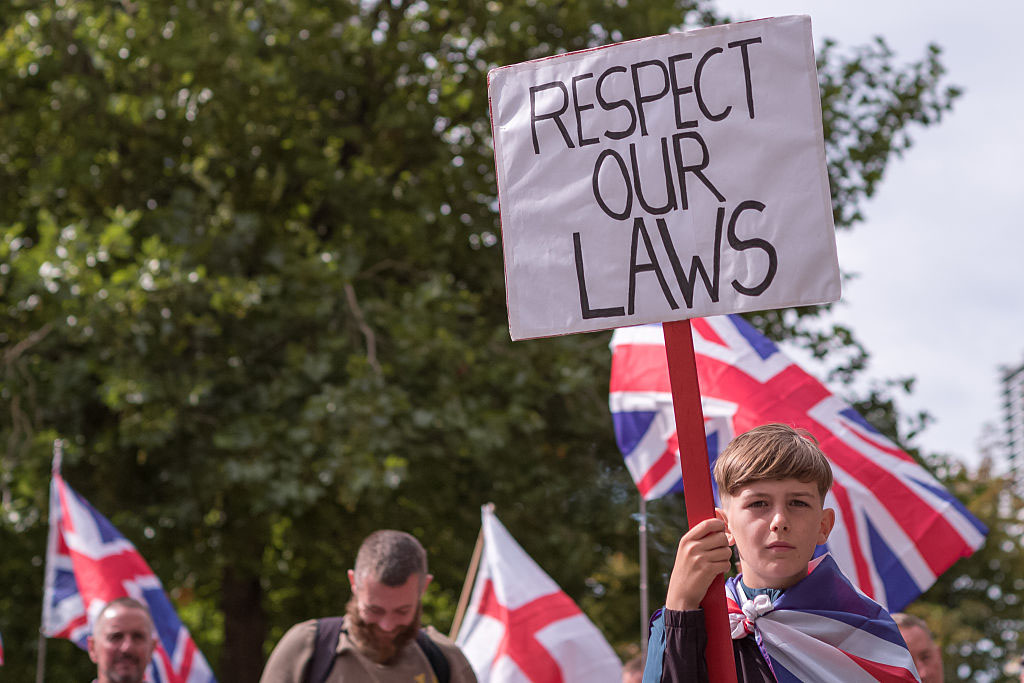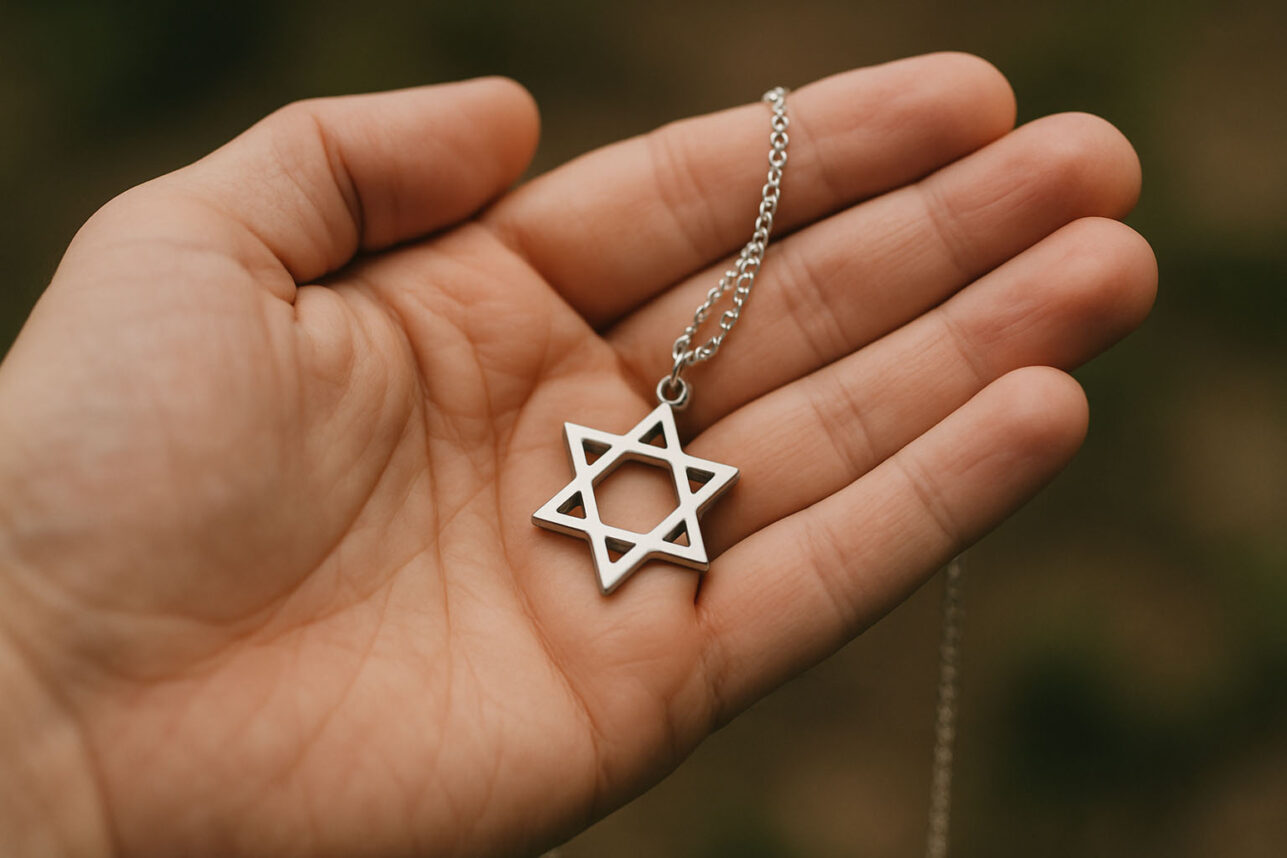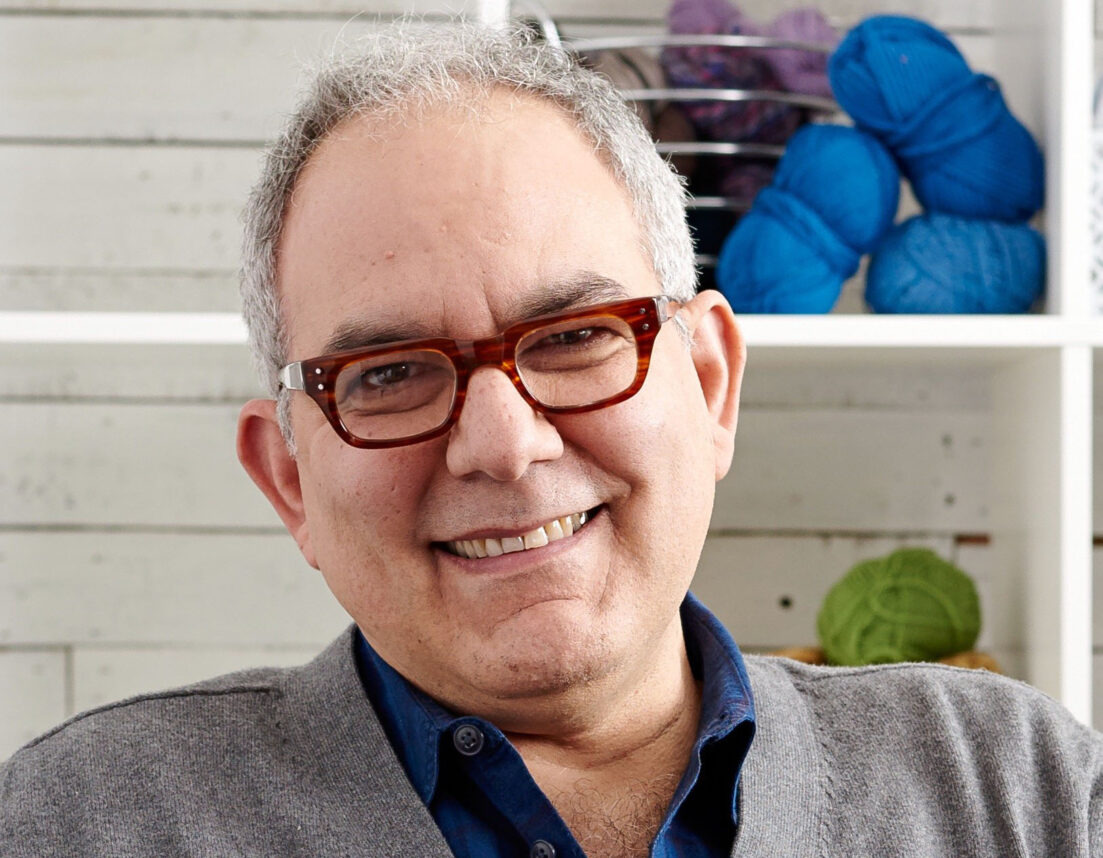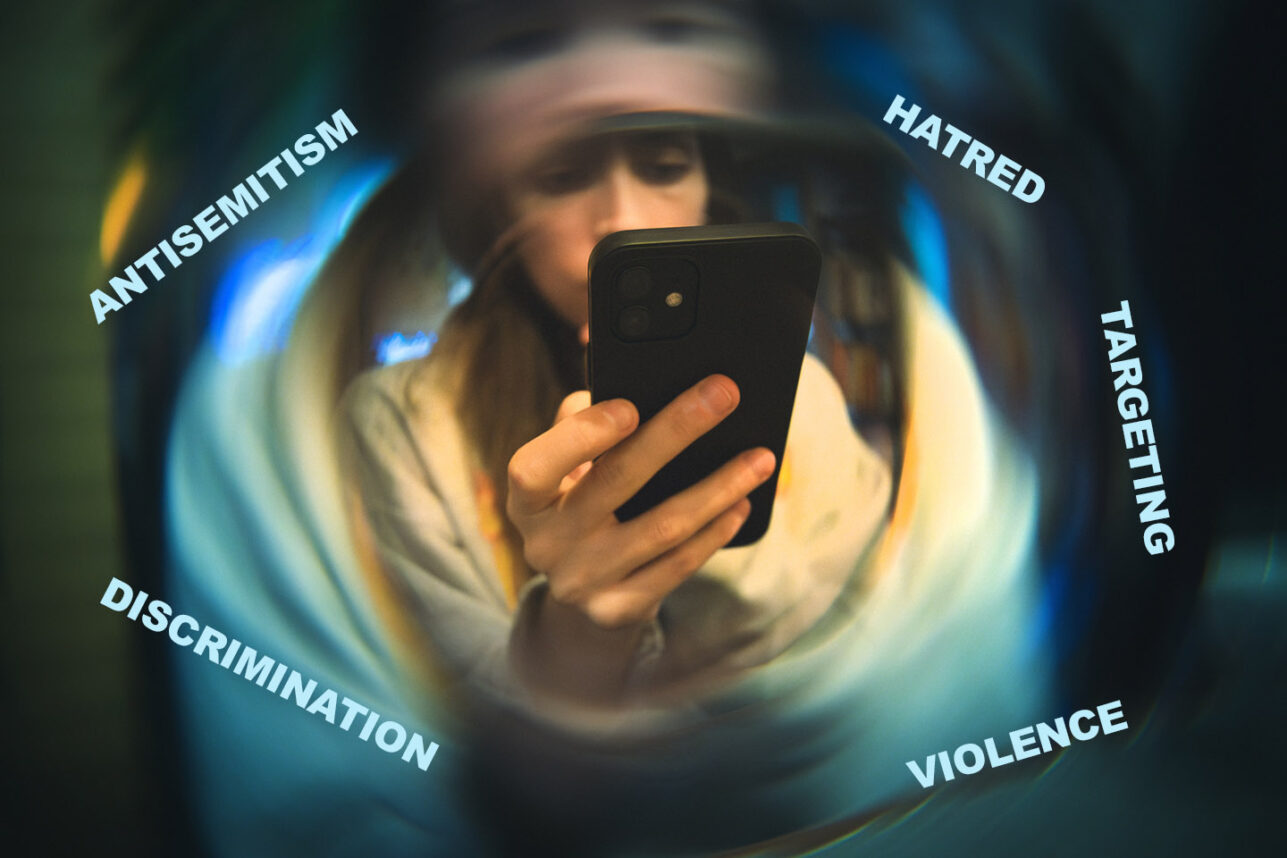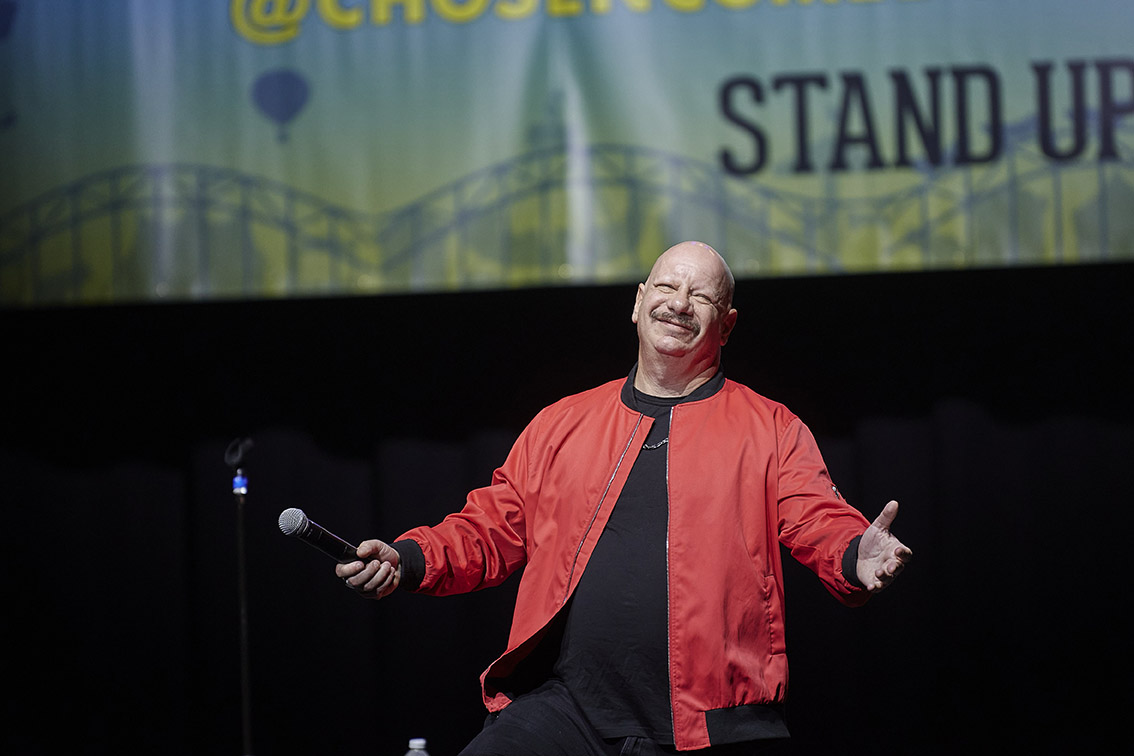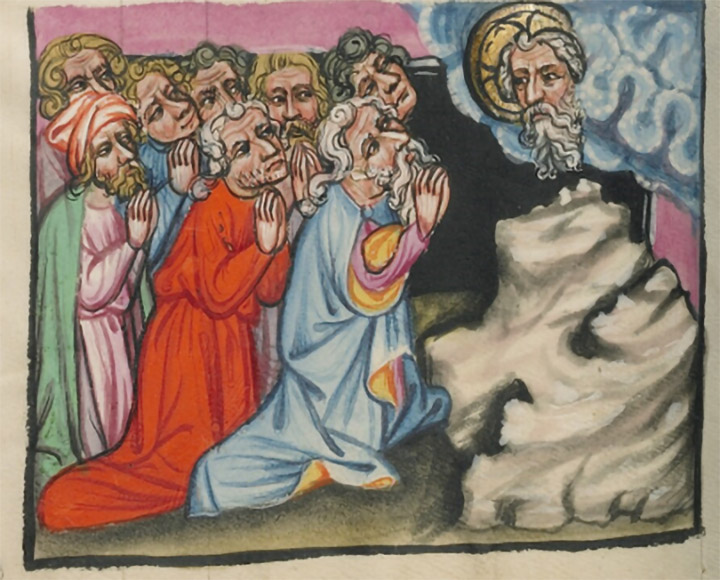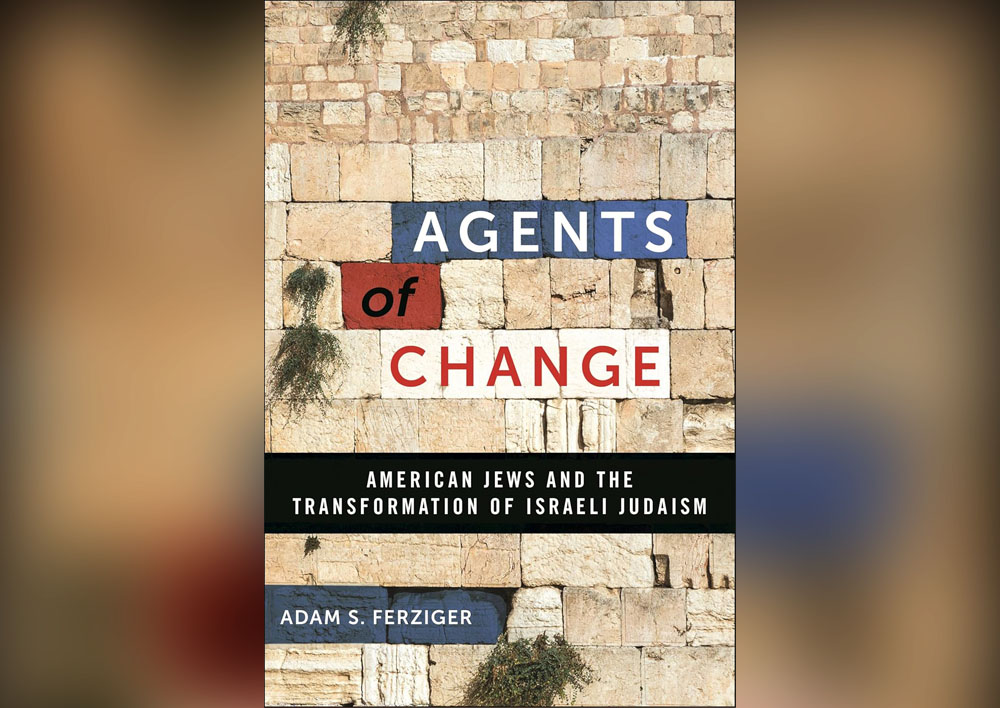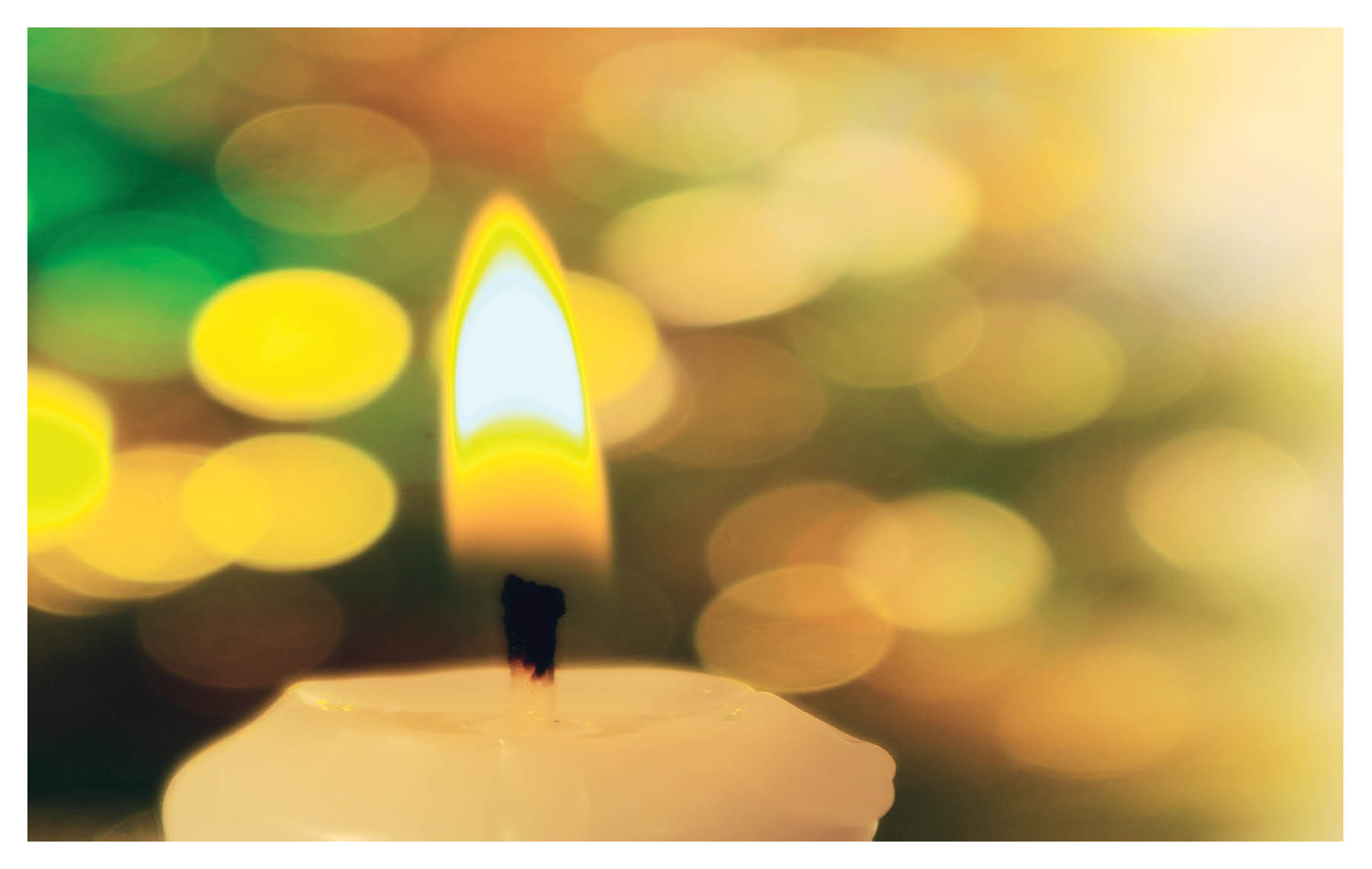
Recently I was talking to my friend Ryan on the phone when I heard a strange sound from his end. He said it was a flood alert on his phone. I asked, “Where are you? Mississippi? The Mekong Delta?” He replied, “82nd and Central Park West.”
While I was growing up in the Bronx and Queens, not only were there no flood alerts, there were no floods — unless you count the time my mother left the bathtub tap running and went to the supermarket to get Tang. That was when I was deciding whether I wanted to become an astronaut.
Back then, there were few warnings but the major one was the nuclear bomb alert. Students were told they would be safe by hiding under desks. I don’t know which is worse — that we did the drills or that we believed they would save us.
The only other big warnings were from my parents about my behavior. “I’m warning you, you’d better start behaving.” That was usually followed by “or else.” I once asked what “or else” meant. That was followed by, “You’ll see what ‘or else’ means.” “You’ll see” is 10 times more frightening than “or else.” Otherwise a simple, “Be careful” covered almost everything.
Now when I gas up my car, there’s a sign on the pump warning about potential cancer risks. So I need to decide whether to fill up or walk 19 miles to work.
During a recent family trip to Alaska, we took a bus from Seward to Anchorage. Before we left, the driver gave us a 10-minute warning talk. She described how to open and climb out the windows in case the bus caught fire and was about to explode. She told us what to do if a grizzly bear boarded the bus and wanted to hitch a ride. She then careened down a wet mountain road at about 50 mph with one hand on the steering wheel and the
other holding a footlong Subway meatball hero.
My favorite is the warning from flight attendants who tell you, with a straight face, to tighten your seat belt in the event the plane’s engines conk out and it spirals downward toward the Earth at 500 mph.
No matter how many warning lights flash or how many times I’m told to beware of potential dangers, nothing alleviates my fear. What I need is a light to tell me when all is well.
I recently installed the Ring camera at my front door and half a dozen more around the perimeter of my home. I get 10 to 50 warnings a day from Ring about local home invasions, armed robberies and car break-ins. Someone should have warned me about how frightened I was going to be because of all the warnings Ring sends out.
My first car had an oil light warning and that was it. There are close to 30 warning lights on my Kia. It’s impossible to figure out what most of the icons represent. One indicates whether the suspension dampers are in trouble. Anyone even know what a suspension damper is?
No matter how many warning lights flash or how many times I’m told to beware of potential dangers, nothing alleviates my fear. What I need is a light to tell me when all is well. The truth is, things are all right. So, I need a way to let in the good light. The comforting light. The light that helps fix things. The light that warms my soul.
We light Shabbos candles to bring more light into the world. Shabbos is good light. My faith and trust in God enable me to relax, if at all, and bring more good light to me. Loosely translated in Hebrew, it’s known as emunah (faith) and bitachon (trust).
Until I’m in touch with my emunah and bitachon, the negative lights and warnings always burn brightly. For most people, emunah and bitachon are developed over a lifetime and, like lifting weights, they need to be worked on regularly so you can get stronger and better at it. So have some trust and faith. Take care of what you can take care of. And as Tom Bodett says on the Motel 6 commercials, “We’ll leave the light on for you.” Just make sure it’s the good light.
Mark Schiff is a comedian, actor and writer.

